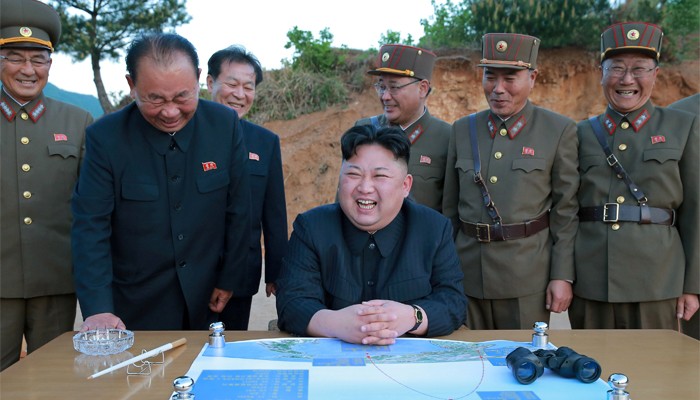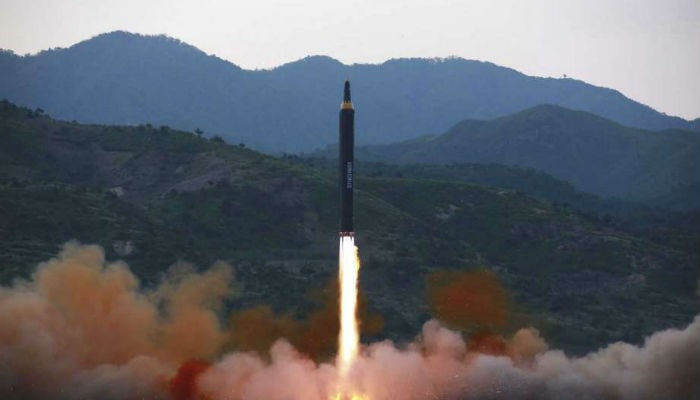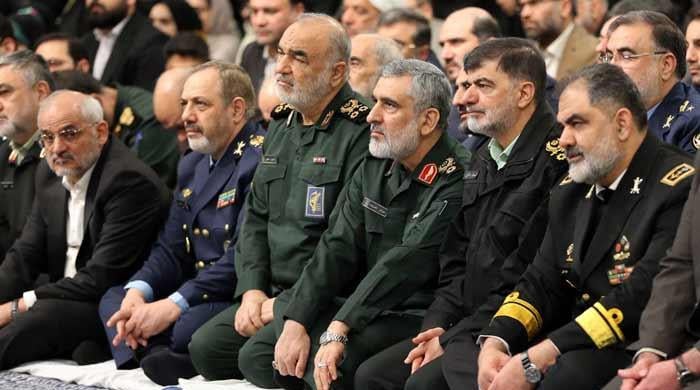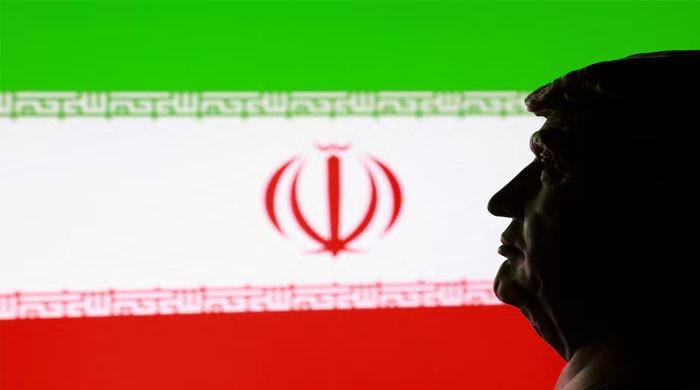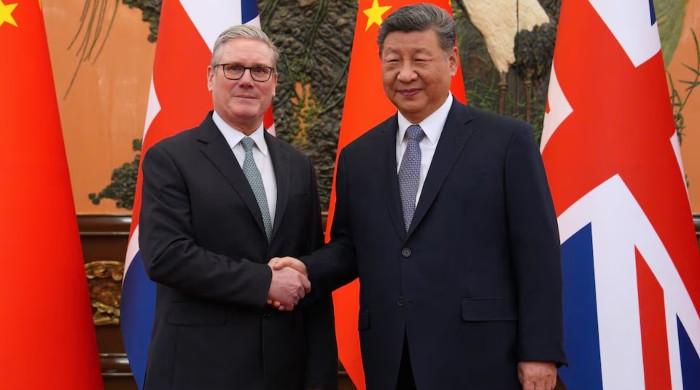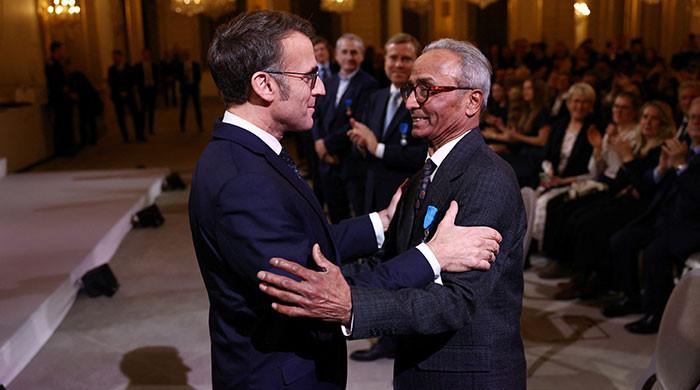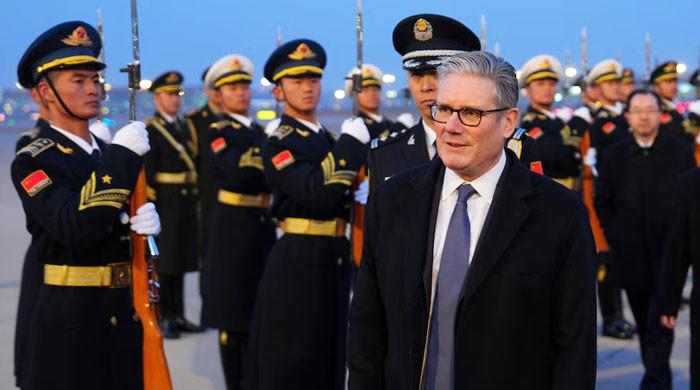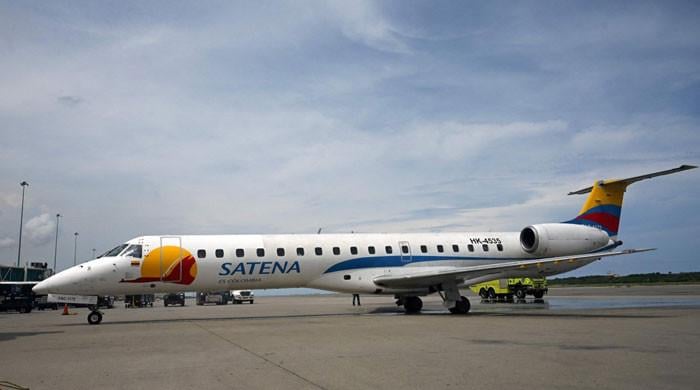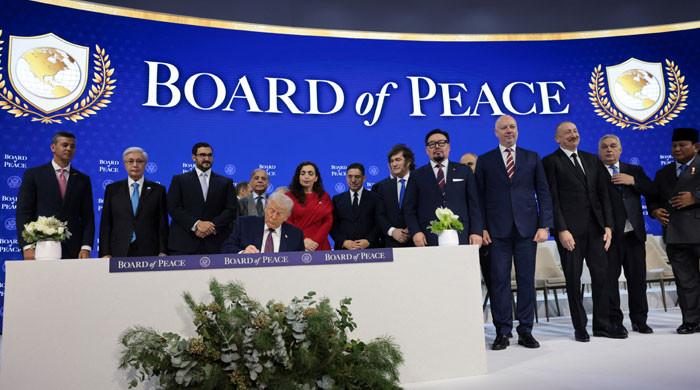North Korea fires Scud-class ballistic missile, Japan protests
The missile was believed to be a Scud-class ballistic missile and flew about 450 km
May 29, 2017
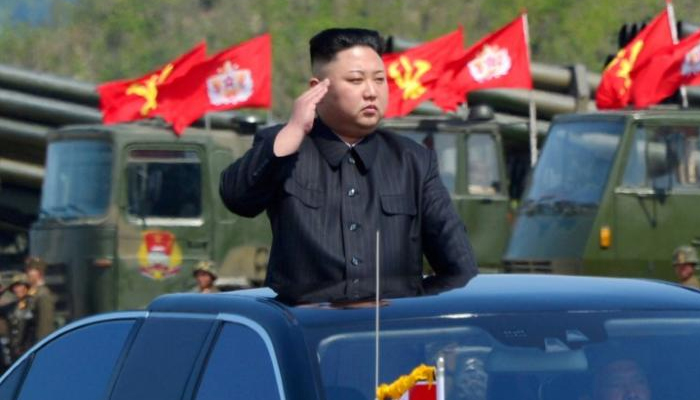
SEOUL: North Korea fired what appeared to be a short-range ballistic missile on Monday that landed in the sea off its east coast, South Korea's military said, the latest in a series of missile tests defying world pressure and threats of more sanctions.
The launch was immediately reported to South Korean President Moon Jae-in, who called a meeting of the National Security Council at 7:30 AM (3:30 AM Monday), South Korea's Office of the Joint Chiefs of Staff said in a statement.
The missile was believed to be a Scud-class ballistic missile and flew about 450 km, the Joint Chiefs said in a statement. North Korea has a large stockpile of Scud missiles, originally developed by the Soviet Union.
Modified versions have a range of up to 1,000 km.
North Korea last test-fired a ballistic missile on May 21 off its east coast and on Sunday said it had tested a new anti-aircraft weapon supervised by leader Kim Jong Un.
Pyongyang has conducted dozens of missile tests and tested two nuclear bombs since the start of 2016 in defiance of UN Security Council resolutions. It says the program is necessary to counter US aggression.
The United States has said it was looking at discussing with China a new UN Security Council resolution and that Beijing – the main diplomatic ally of Pyongyang – realises time was limited to rein in the North's weapons program through negotiations.
Experts say the North appears to be gaining meaningful data that is fed into its effort to build an intercontinental ballistic missile.
'Did not pose a threat'
The US Pacific Command said it tracked what appeared to be a short-range ballistic missile for six minutes and assessed it did not pose a threat to North America.
"We continue to monitor North Korea's actions closely," the Pacific Command said, adding that it was working on a more detailed assessment of the launch from near the country's Wonsan Airfield.
"US Pacific Command stands behind our ironclad commitment to the security of our allies in the Republic of Korea and Japan," it in a statement.
"The North American Aerospace Defense Command (NORAD) assessed that the missile launch from North Korea did not pose a threat to North America."
US 'government is aware'
US President Donald Trump has been briefed about North Korea's firing of a projectile reported to have been a missile test, a White House official said on Sunday.
"The United States government is aware," the White House official said. "The president has been briefed."
'Highly problematic'
Japan lodged a protest against the North's latest missile launch, which appeared to have landed in Japan's exclusive economic zone, Chief Cabinet Secretary Yoshihide Suga said.
"This ballistic missile launch by North Korea is highly problematic from the perspective of the safety of shipping and air traffic and is a clear violation of United Nations Security Council resolutions," Suga told reporters in televised remarks.
While no damage to planes or ships was detected, Suga added, "Japan absolutely cannot tolerate North Korea's repeated provocative actions. We have strongly protested to North Korea and condemn its actions in the strongest terms."
Japanese Prime Minister Shinzo Abe also vowed action along with other nations to deter Pyongyang's repeated provocations. "As we agreed at the recent G7, the issue of North Korea is a top priority for the international community," Abe told reporters in brief televised remarks.
"Working with the United States, we will take specific action to deter North Korea."
